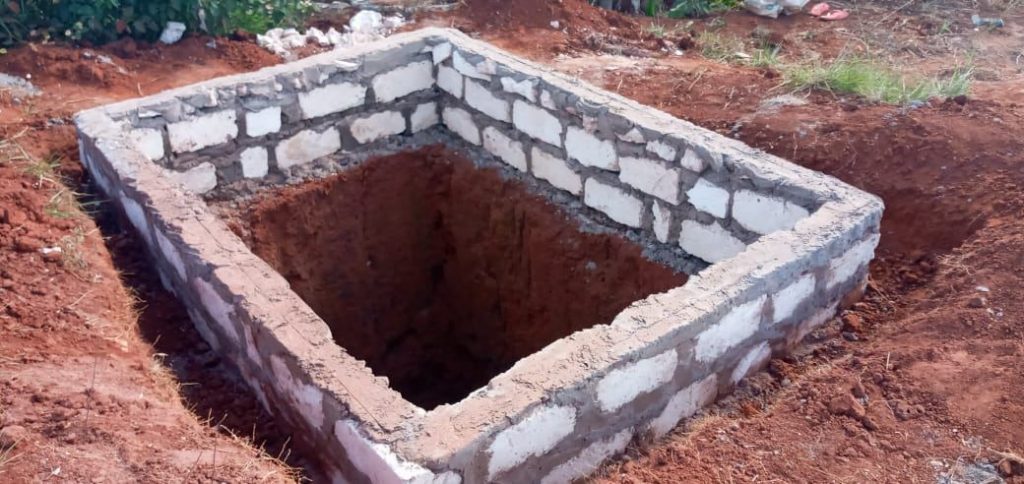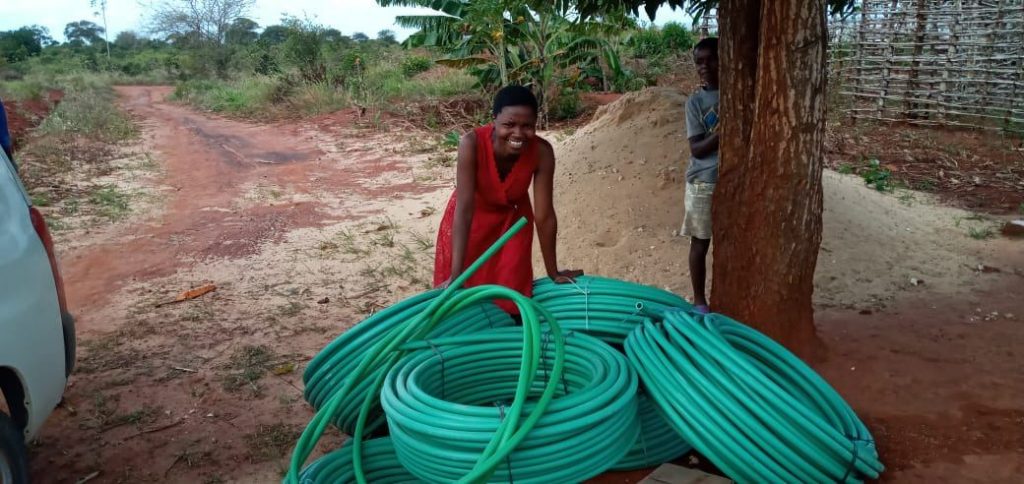Towards achieving availability and sustainability of water and sanitation for all, especially vulnerable persons
According to UNICEF[1], there are three things essential for the survival of children- clean water, simple toilets and good hygiene practices, because illnesses related to water and sanitation are among the leading causes of death for children under five years of age. Without suitable sanitation facilities such as toilets, waste from infected individuals contaminates a society’s land and water, thereby increasing the risk of infection for other individuals in that society. Inadequate waste disposal drives the infection cycle of many agents spread through contaminated soil, water, food and insects such as flies.

To break the cycle of poverty and enable sustainable development, the issue of availability and access to clean water and sanitation must be addressed. The need for clean, safe water and sanitation is so essential that the UN had it as the sixth Sustainable Development Goal[2] (SDG), to ensure availability and sustainable management of water and sanitation for all. Subsection two of SDG 6 is to achieve access to adequate and equitable sanitation and hygiene for all and end open defecation, paying special attention to the needs of women and girls and those in vulnerable situations by 2030, which ACLAD makes an effort to achieve.
ACLAD works with sponsored households and communities to play its role in the achievement of SDG 6 by enhancing access to clean water, sanitation and nutrition through awareness creation and educational programs about the importance of hygiene. ACLAD helps caregivers to improve their health and that of their families through family-based health promotion, education, and nutrition interventions.
The need for safe and clean drinking water, sanitation and hygiene is vital especially for vulnerable persons- children, the elderly and some persons with disabilities- , given that due to their physical, mental and health status, they are most at risk of water-borne illnesses such as cholera and typhoid. The well-being of people can be made possible through sustainable, equitable access to clean water, sanitation and good hygiene behaviours. These factors put together allow for individuals to live healthy, infection and disease-free lives.

Given that WHO/UNICEF[3] research in 2019 indicated that 1 in 3 people or 2.2 billion people around the world lack safe drinking water, ensuring access to safe water as a human right can be done through interventions such as drilling boreholes and shallow wells, extending existing pipelines to reach homesteads or villages without piped water and investing in rainwater harvesting systems. ACLAD has recently extended existing pipelines to reach sponsored households in Ganze, Kilifi County to ensure access to safe and clean drinking water, for which the family members are very grateful. Towards improving sanitation, ACLAD has built latrines in Bishop Sulumeti Girls High School in Kakamega County as well as other sponsored households in Kilifi County because inadequate sanitation and hygiene facilities can pose a major obstacle to women and girls.
Catherine Muteithia
ACLAD Media Consultant
[1] https://www.unicef.org/kenya/water-sanitation-and-hygiene
[2] https://sdgs.un.org/goals/goal6
[3] https://www.unwater.org/water-facts/water-sanitation-and-hygiene/
